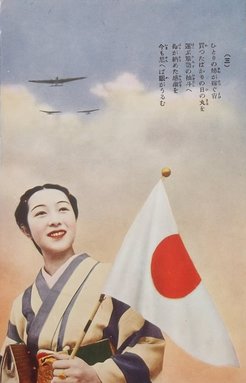Performing Patriotism
War Songs and Emotional Communities in Contemporary Japan
Makoto Harris Takao (project duration 2018-2019)

What does it mean to feel and sound Japanese in the twenty-first century? This project seeks to answer this question by exploring Japan’s problematic relationship with patriotism and how this is navigated in the contemporary performance of war songs. Popularly known as gunka, these tunes have come to inhabit a contested space between the remembering and forgetting of Japan’s military past and its imperial imprint in the Asia-Pacific region. Indeed, as Japan looks to the Tokyo 2020 Olympics, music has once more become a site of public debate over the politics of national pride and the limits of artistic expression. This project takes an ethnographic approach to addressing three categories of intersection between music and emotion: the emotional character of music, emotional induction by music, and emotional communication through music. Working with war song associations, karaoke bars, and online communities in Fukuoka, Kobe, and the Greater Tokyo Area, I explore how this musical tradition, as an emotional practice, actively shapes conceptions of self and how it informs the ways in which its practitioners interact with others at the individual, communal, and national level.In employing an emic approach to patriotism in its Japanese context, I hope to understand more fully how the gunka genre has changed over time, and how people choose to construct their own histories through their musical practices in the present.
